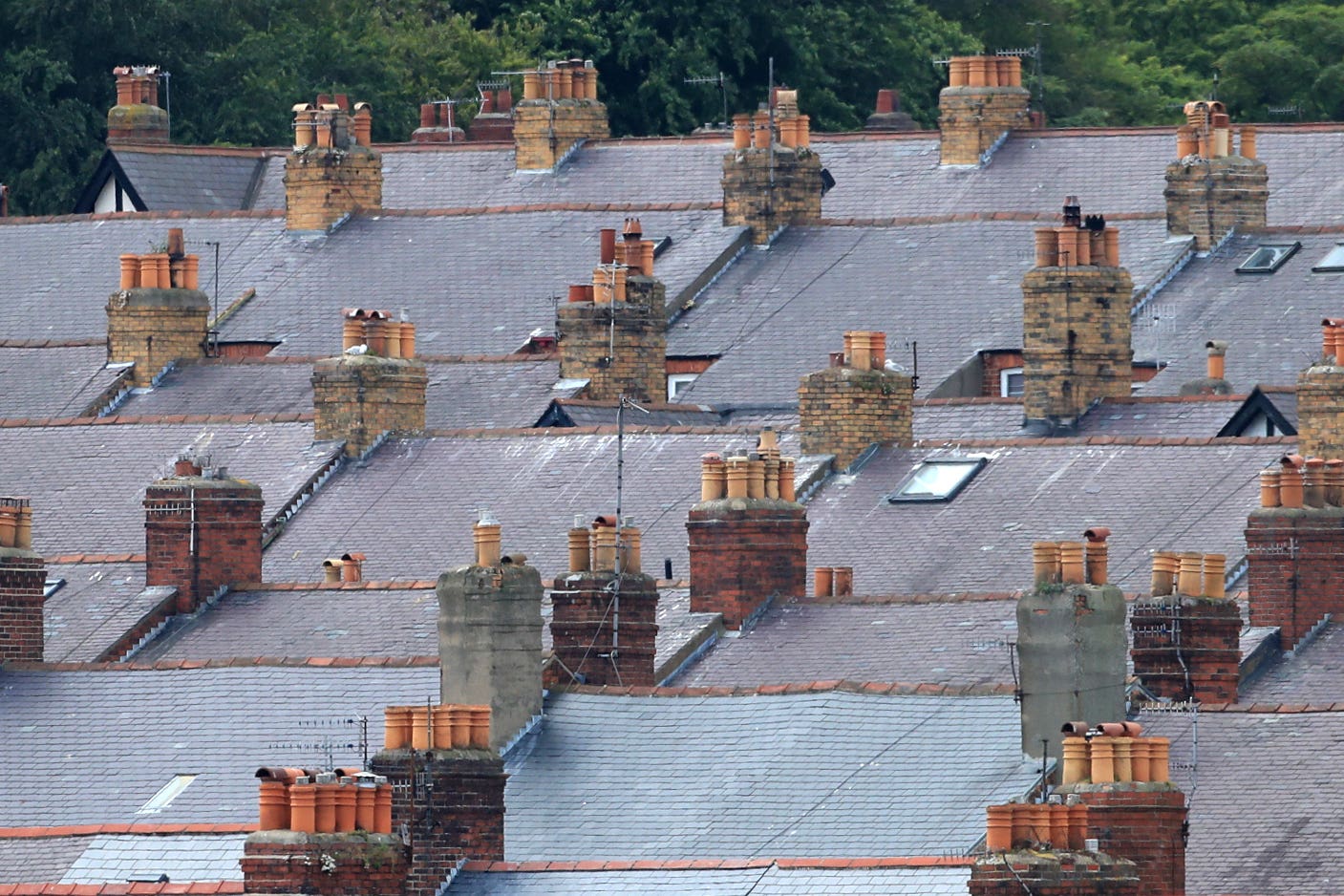Warning of ‘homelessness emergency’ as private renters face eviction threat
The proportion of private renters under threat of eviction in England has risen by more than three-quarters in a year, a survey suggests.

Your support helps us to tell the story
From reproductive rights to climate change to Big Tech, The Independent is on the ground when the story is developing. Whether it's investigating the financials of Elon Musk's pro-Trump PAC or producing our latest documentary, 'The A Word', which shines a light on the American women fighting for reproductive rights, we know how important it is to parse out the facts from the messaging.
At such a critical moment in US history, we need reporters on the ground. Your donation allows us to keep sending journalists to speak to both sides of the story.
The Independent is trusted by Americans across the entire political spectrum. And unlike many other quality news outlets, we choose not to lock Americans out of our reporting and analysis with paywalls. We believe quality journalism should be available to everyone, paid for by those who can afford it.
Your support makes all the difference.The proportion of private renters under threat of eviction in England has risen by more than three-quarters in a year, a survey suggests, prompting a charity to warn of a rapidly emerging “homelessness emergency”.
Around 5% of private renters – the equivalent of 503,995 people across the country – say they have received an eviction notice or been threatened with eviction in the last month, according to polling for Shelter.
This is up about 80% from a similar period last year, when 3% of respondents (equivalent to 279,376 people) reported such.
The survey of 2,000 private renters in England between October 26 and November 10 was carried out by YouGov and funded by Nationwide Building Society.
It is simply absurd that support for housing costs is being linked to rents as they were three years ago, not as they are today
It found 4% said they have fallen behind on their rent – equivalent to 481,644 people.
Overall around one in 12 private renters (8%) – the equivalent of 940,939 people across the country – are at risk of losing their homes because they are under threat of eviction or behind on rent, the findings suggest.
According to the polling, a quarter of private renters are constantly struggling to pay their rent, up from 20% this time last year.
Shelter warned that failing to increase housing benefit as private rents rise “means the rental crisis is fast becoming a homelessness emergency”.
While the autumn statement confirmed that many benefits will be uprated in line with inflation from April, local housing allowance rates were not increased, and have remained at the same level since 2020.
Both Shelter and the National Residential Landlords Association (NRLA) are calling for this to be unfrozen.
The Government said it has given vulnerable households and councils financial support, and it is committed to ending Section 21 “no-fault” evictions.
Polly Neate, Shelter chief executive, said: “Almost a million private renters are at risk of being kicked out of their home this winter, and more will follow.
The Government’s refusal to unfreeze housing benefit, when private rents are rising at record rates, means the rental crisis is fast becoming a homelessness emergency
“Every day our emergency helpline advisers are taking gut-wrenching calls – from the mum who’s skipping meals to pay the rent to the family terrified they will be spending Christmas in a grotty homeless hostel.
“The Government’s refusal to unfreeze housing benefit, when private rents are rising at record rates, means the rental crisis is fast becoming a homelessness emergency.”
Chris Norris, policy director for the NRLA, said: “The vast majority of landlords want to help tenants stay in their homes wherever possible. However, the Government needs to do more to support those most in need of help.
“This should include unfreezing housing benefit rates. It is simply absurd that support for housing costs is being linked to rents as they were three years ago, not as they are today.
“Ministers need also to address the supply crisis in the rental market. Recent tax hikes have served only to cut the number of homes available to rent, whilst demand continues to remain strong. All this is doing is driving rents up and making homes harder to access.
“We are working with the Government to ensure the system that replaces Section 21 repossessions is fair and workable for responsible landlords as well as tenants.
“This needs to include ensuring landlords can effectively tackle the problem of anti-social tenants and those building substantial rent arrears.”
Ensuring a fair deal for renters remains a priority for the Government, that’s why we will deliver on our commitment to abolish Section 21 ‘no fault’ evictions
A Government spokesman said: “We know households are concerned about rising costs, which is why we have announced the energy price guarantee to help with bills over winter, as well as payments of £1,200 to millions of the most vulnerable.
“Councils have a duty to ensure families are not left without a roof over their heads, and we’re giving them £316 million this year to help prevent evictions and provide temporary accommodation.
“Ensuring a fair deal for renters remains a priority for the Government, that’s why we will deliver on our commitment to abolish Section 21 ‘no fault’ evictions.”